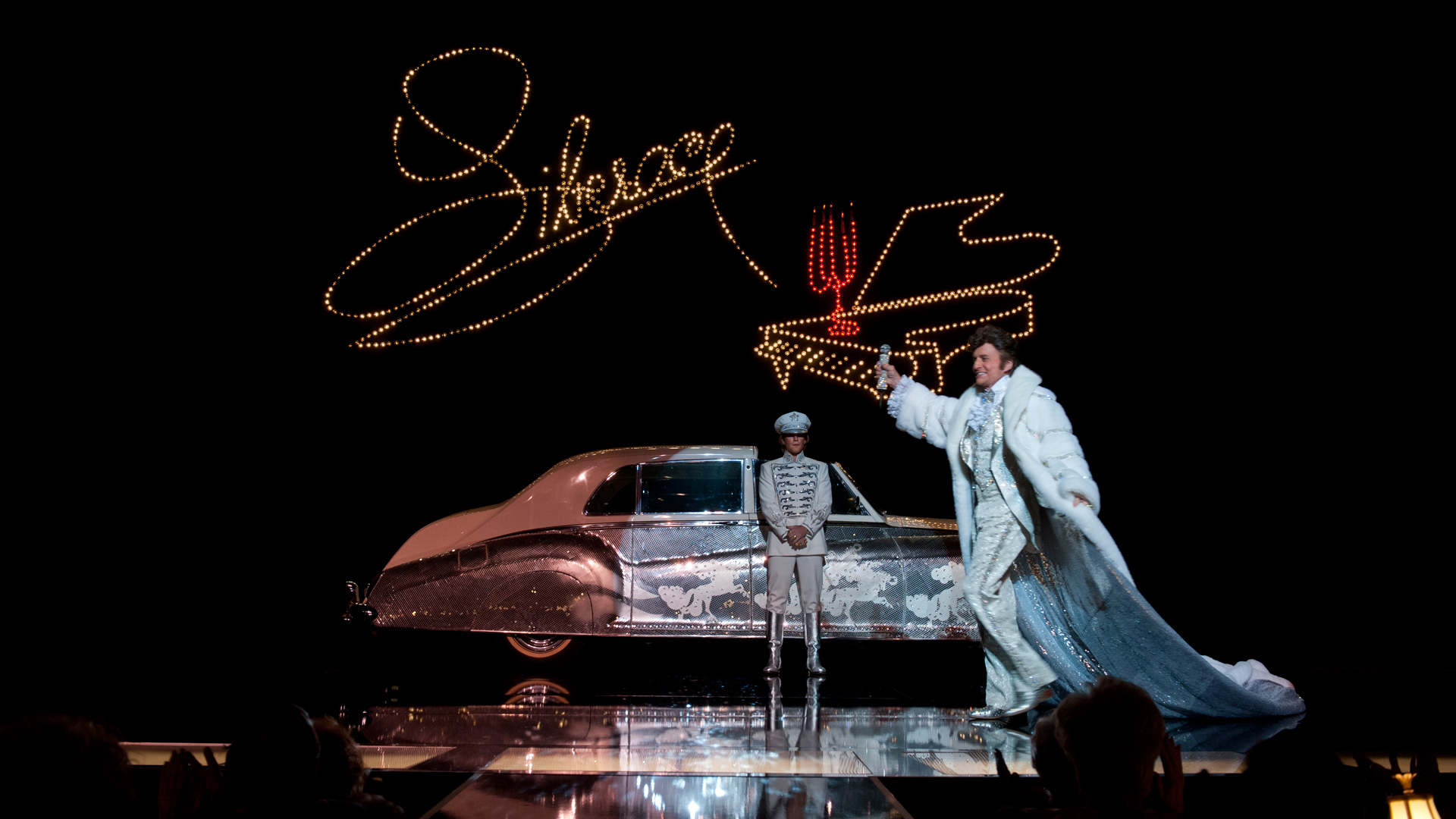Wrapping up the sci-fi week festivities (did you see the final top ten list?) we turn the time over to our fine new contributor Lynn Lee. You'll want to read this one! - Editor

Deep down, most people who think about artificial intelligence have the same fear: that it will not only surpass humanity but supplant us, ending our reign as the planet’s dominant species and extracting cosmic revenge for our own abuses. Building on these anxieties, movies about A.I. have embraced a pretty consistently grim outlook for humanity in the face of this phenomenon (which even has a fancy, if oddly spiritual-sounding name: the singularity). The slaves become the masters, seeking either to exterminate or enslave us.
But if A.I. overtakes human intelligence, and the machines evolve into a superior being, wouldn’t that include superior emotional intelligence? And wouldn’t a super (emotionally) intelligent being have developed extraordinary powers of empathy? Rather than using those powers to manipulate us, couldn’t they serve as a bridge between us and them? Or would they, in outstripping our own poor abilities, become a further source of divergence?
Films that pursue this line of inquiry typically balance the A.I.s’ desire to understand and learn human emotions against their basic survival programming. Blade Runner’s most transcendent moment involves a replicant (“more human than human”) reaching out to save a man (who may actually be a replicant himself) he was ready to kill just a minute earlier. A.I: Artificial Intelligence, brandishing the tag line “His love is real. But he is not,” teases out the conceit of such artificial beings, initially programmed to be and feel just like humans, evolving into a super-species who must deconstruct the emotional memories of one of their earliest prototypes in order to understand their own connection to us.
 More recently, the quietly disquieting Ex Machina introduces an A.I. who turns the Turing test on its head and leaves unanswered whether a machine that can so expertly read and simulate our more vulnerable emotions will ever come to feel them for “real.”
More recently, the quietly disquieting Ex Machina introduces an A.I. who turns the Turing test on its head and leaves unanswered whether a machine that can so expertly read and simulate our more vulnerable emotions will ever come to feel them for “real.”
I can’t think of another movie, however, that explores these questions quite like Spike Jonze’s Her...
Click to read more ...
 Thursday, March 3, 2016 at 7:30PM
Thursday, March 3, 2016 at 7:30PM 
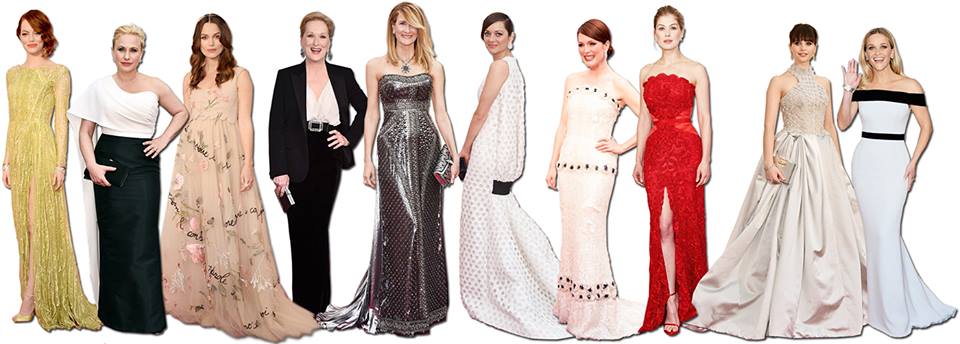
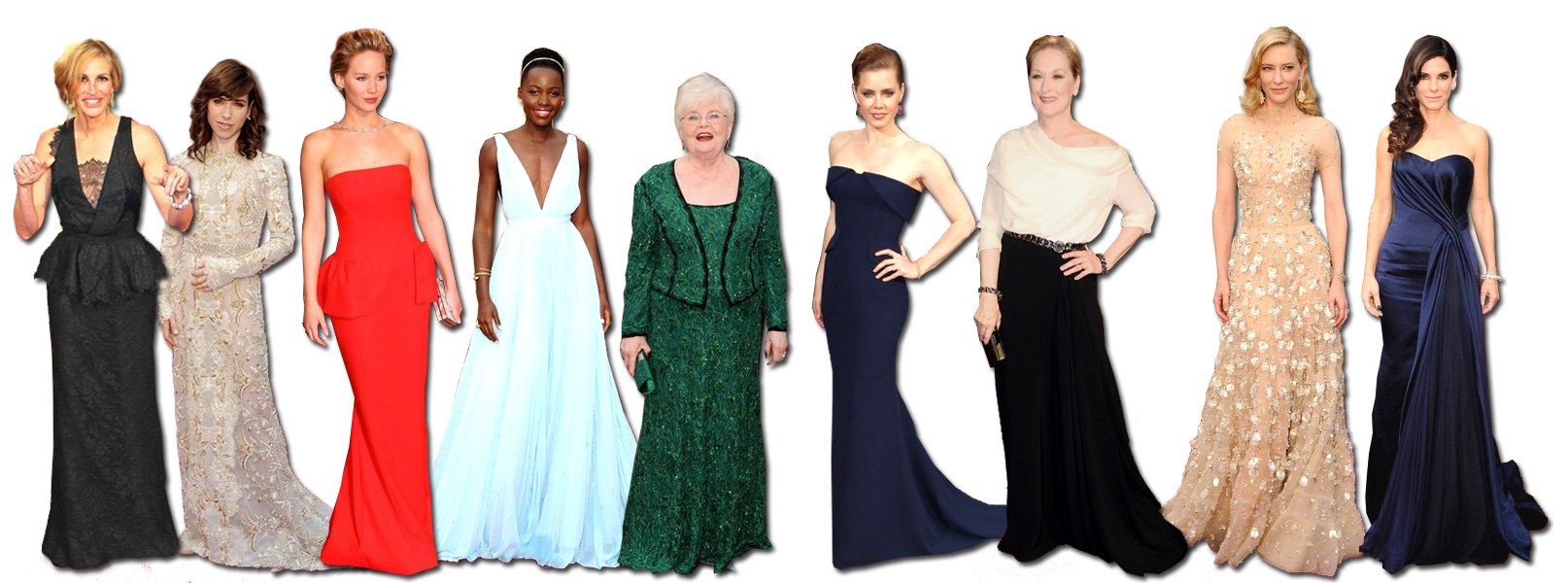
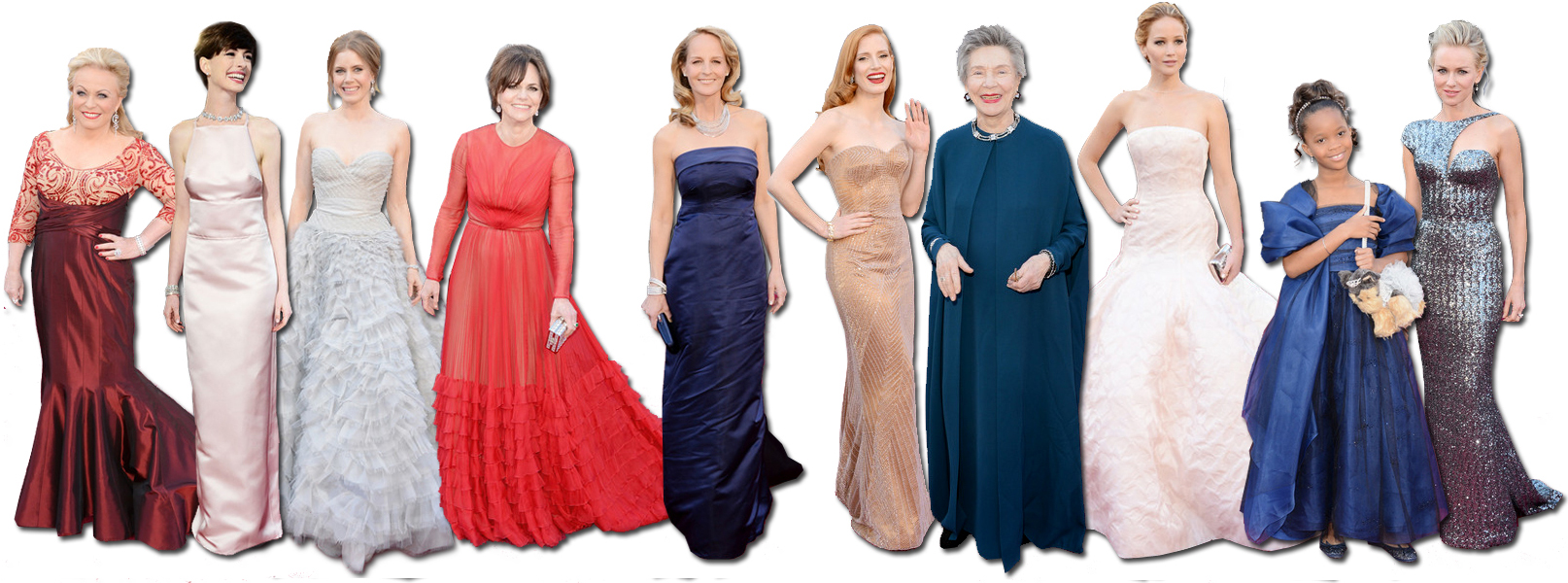
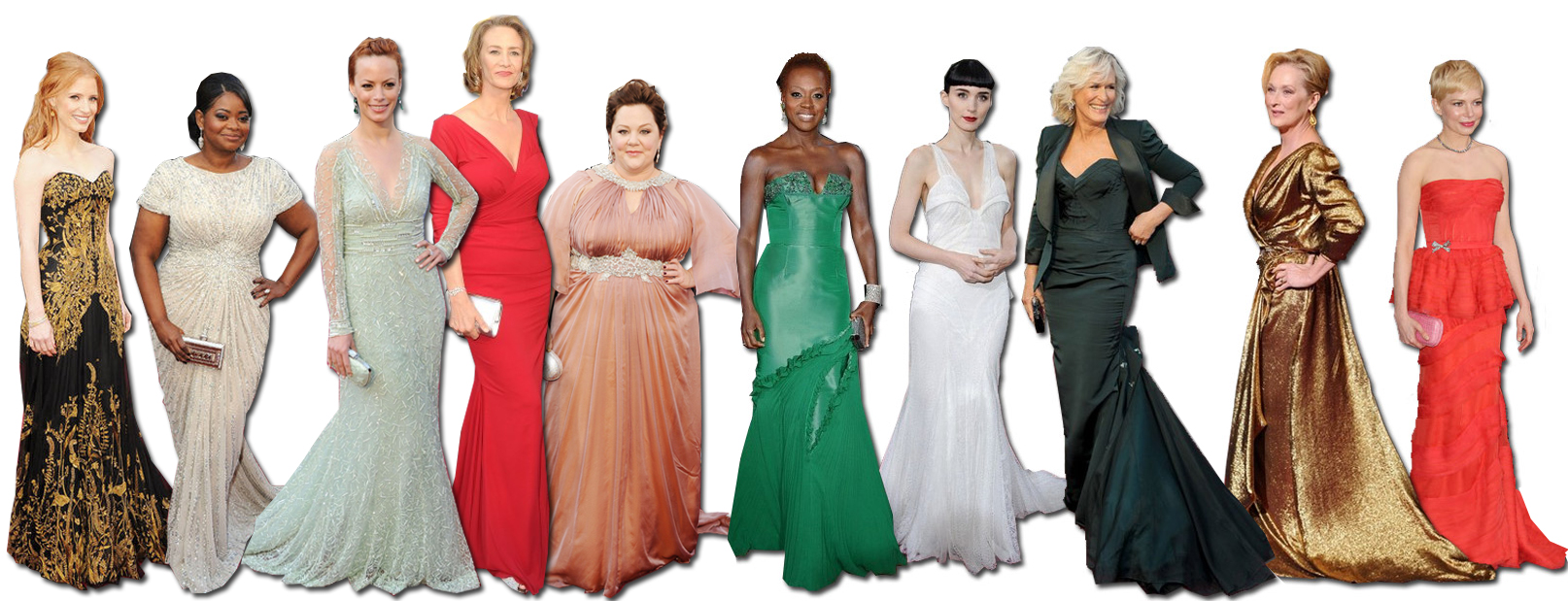
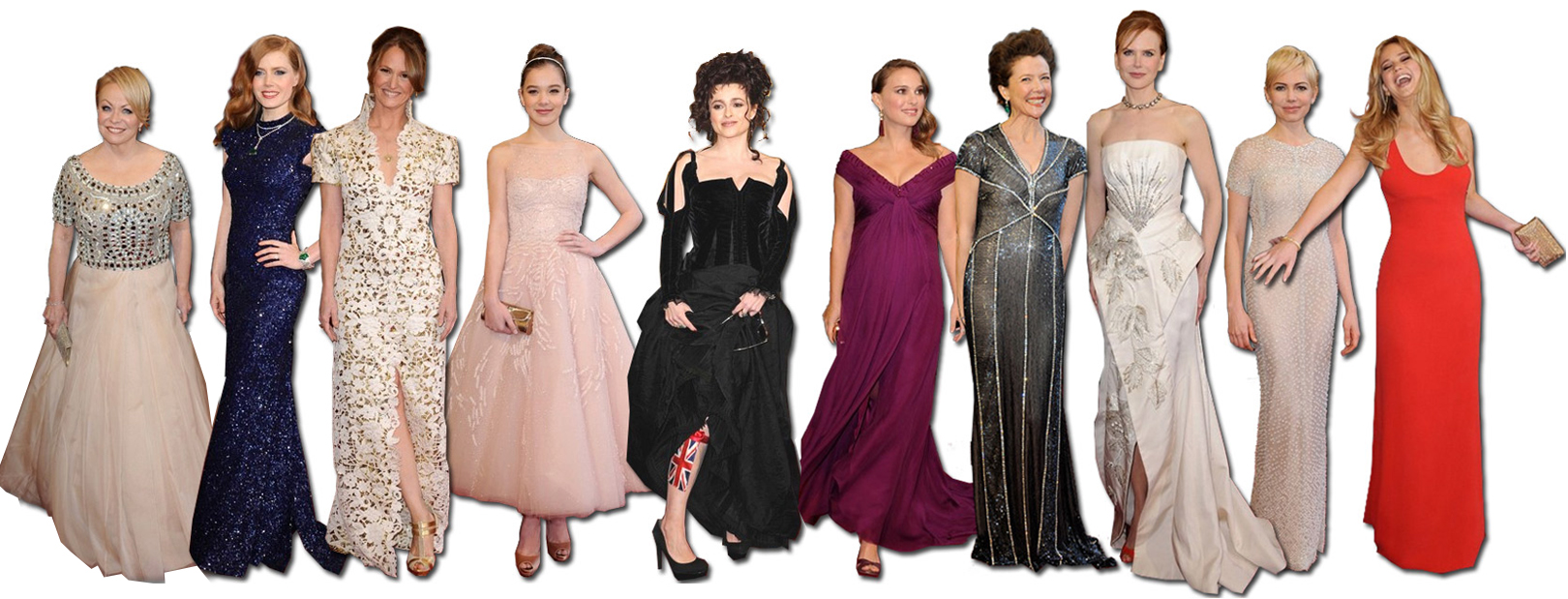
 yes, that's the whole decade* thus far
yes, that's the whole decade* thus far





